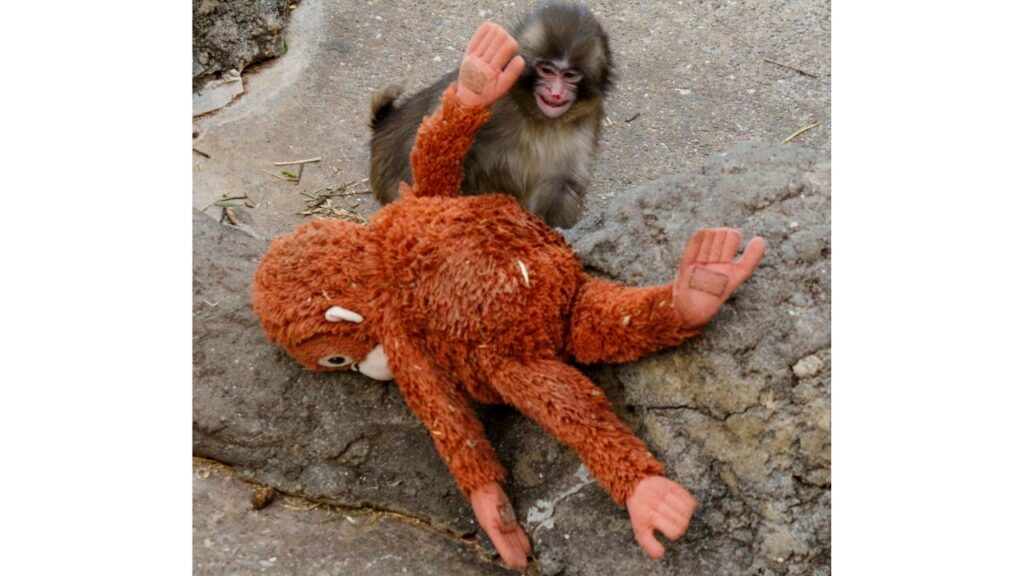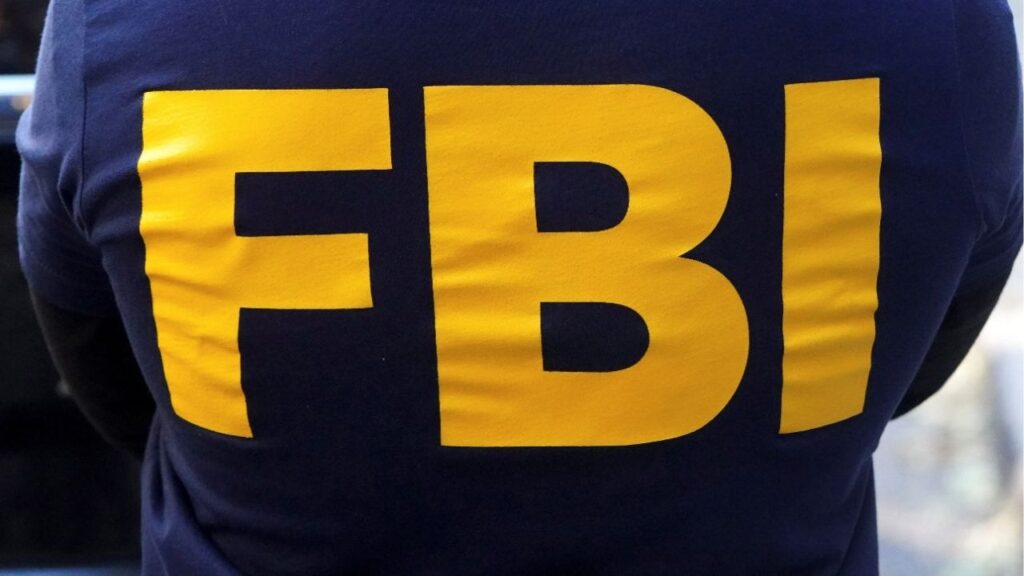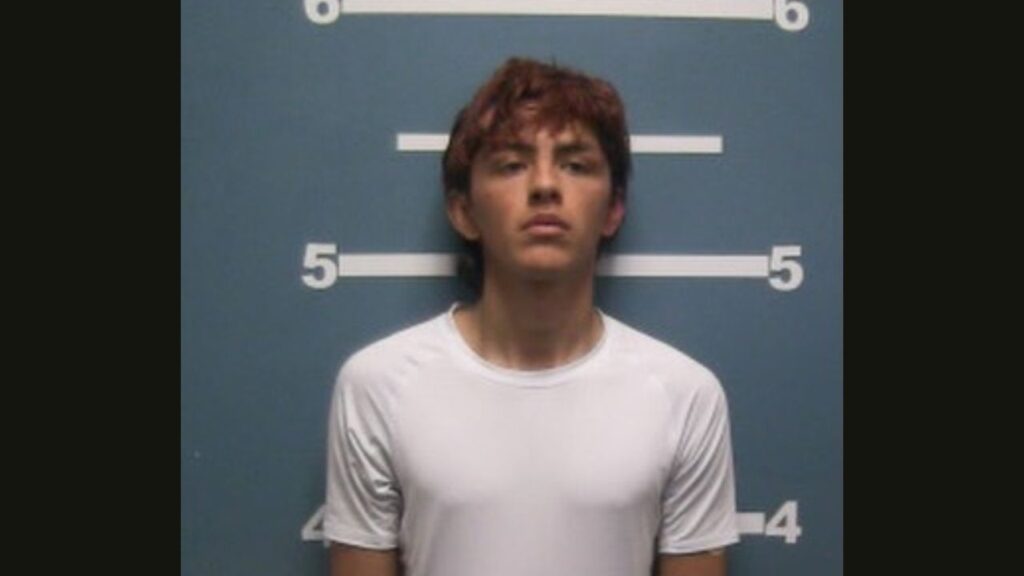Share
BUENOS AIRES, Argentina — Sandra shows little interest as she slowly shuffles past the structure of beams and ropes built for her to climb on inside her concrete enclosure in Argentina’s capital. Outside are tall buildings and traffic that bear no resemblance to the lush forests where orangutans naturally live.
“There she will be able to spend the rest of her life in a more dignified situation,” said Argentine judge Elena Liberatori, who in 2015 ruled that Sandra was legally not an animal but a non-human person who has rights, turning the orangutan who has only known limited concrete enclosures into a focus of world attention.
It has been a long journey for Sandra, who was born in a zoo in Germany and moved to Argentina a quarter century ago. She has lived most of her life in a basketball court-sized cell in the more-than-century-old Buenos Aires zoo, in conditions protested by animal rights groups as inadequate. Her release seemed possible in 2014 following a landmark court ruling that she was entitled to some legal rights enjoyed by humans and better living conditions. Then came Liberatori’s ruling. Her release seemed nearer in 2016 when the Buenos Aires zoo closed its doors and officials said that hundreds of its animals would be set free as it was transformed into an eco-park.
Best-Known Resident Is Bubbles, Late Singer Michael Jackson’s Chimpanzee
But Sandra’s caretakers argued that it might be better just to improve the conditions of her cage because sending her to a reserve abroad or releasing her into the wild would put her life at risk. Since Sandra is classed genetically as a hybrid orangutan — half Sumatran, half Bornean — experts fear she might not be able to adapt if sent to Indonesia, where most of the world’s wild orangutans live and there are a number of sanctuaries. Suitable facilities might be found abroad but they would need to be reviewed carefully.
Enter the sanctuary near Wauchula, Florida, whose mission is to provide a permanent home for orangutans and chimpanzees rescued or retired from the entertainment industry, research or the exotic pet trade.
“Sandra will have bigger compounds and special caregivers” in the Center for Great Apes, which is in a more forested and humid area than Argentina’s capital, said Federico Iglesias, director of the eco-park created after the closure of the Buenos Aires’ zoo.
Liberatori’s 2015 ruling was in response to a complaint by an Argentine animal rights group that Sandra was living in inadequate conditions.
“With that ruling I wanted to tell society something new, that animals are sentient beings and that the first right they have is our obligation to respect them,” she told The Associated Press.
Liberatori has a large picture of Sandra in her office. On the picture is a twig that Sandra passed through the bars of her enclosure to anyone outside willing to interact with her.
In 2017, after studying the opinions of biologists and veterinarians about a list of possible destinations for Sandra, including Brazil and Spain, Liberatori decided on the Florida sanctuary, which has 21 orangutans and 31 chimpanzees. Its best-known resident is Bubbles, late singer Michael Jackson’s chimpanzee.

Liberatori Acknowledges Feeling Nervous About Sandra’s Transfer
Chuckie, Pebbles, Kiki, Pongo, Popi and Tango will be some of Sandra’s companions, according to the website of the center, where she will have much more freedom and space to move about — though not complete freedom since she has never experienced it and it might be dangerous for her.
Officials at the Florida center have told the judge they sought to arrange the transfer of Sandra to avoid any extreme change in climate: spring in Argentina and early autumn in Florida. And the Argentine eco-park has successfully sent lions and bears to sanctuaries in the United States.
Despite the assurances, Liberatori acknowledges feeling nervous about Sandra’s transfer to the United States, which will be in a ventilated metal container.
The orangutan will be inside the container for a roughly 11-hour commercial flight to the Dallas airport. From there, she will be sent by a truck on a highway to Sedgwick County Zoo in Kansas. She will be quarantined there and if her health checks out she will be sent by highway to Florida.
Her Argentine caretakers have trained her to feel comfortable inside the container and will accompany her on her voyage all the way to Florida.
“I am happy, but a bit nervous that everything goes well,” said Liberatori. “After she arrives in the sanctuary I will visit her. It is going to be a very happy moment for me.”



















